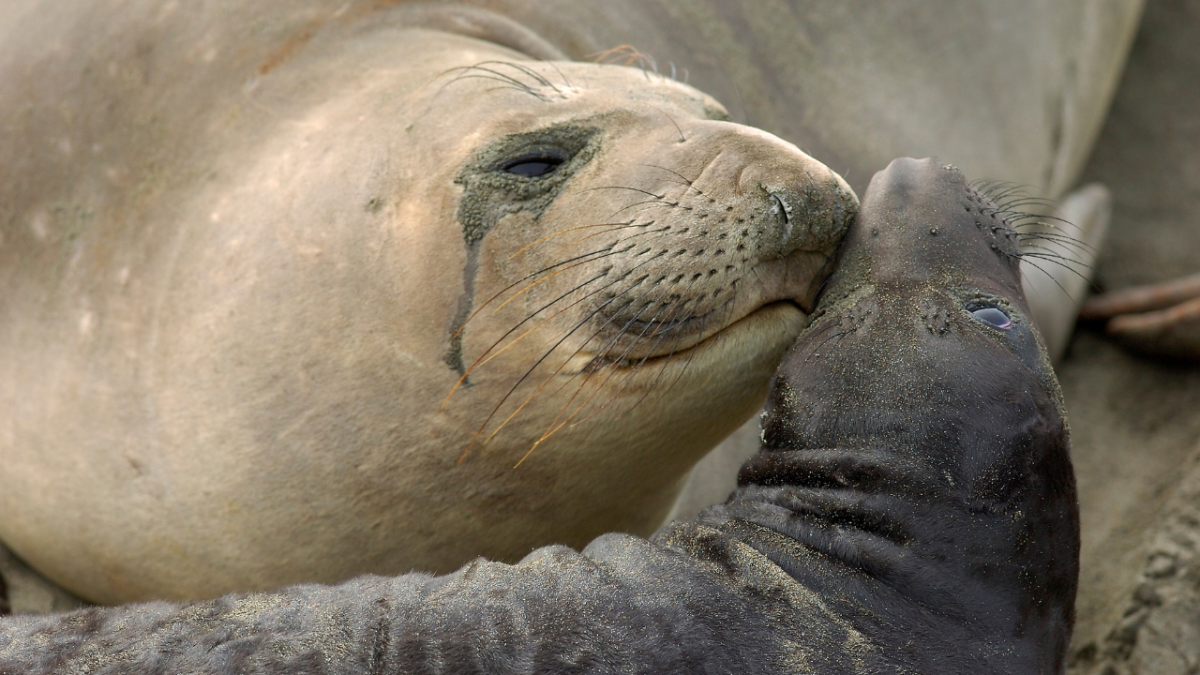
After almost two decades of talks, more than 100 United Nations member states have finally agreed on a treaty to protect the world’s oceans.
The UN High Seas Treaty will bring 30 per cent of the world’s international waters under protection by 2030 — a pledge known as “30 by 30”, which was agreed by world governments at Cop15 in Montreal last December.
It’s believed it will cover stuff like fishing restrictions, international shipping routes and rejigging deep sea mining, however, the level of protection hasn’t been decided on yet.
The treaty will also look at how marine genetic resources can be better shared. This is the biological materials from plants, animals and other organisms that live under the sea, which are used to make medicines, cosmetics, food supplements and more.
The legally-binding pact is a big deal because until now, only around one per cent of international waters have been protected — pretty wild considering these waters make up two-thirds of the world’s oceans.
International waters — or the high seas — don’t fall under any state’s jurisdiction, which means every man and his dog are allowed to fish, ship and conduct scientific research in them. This big free-for-all endangers heaps of the marine life chilling out in the high seas, leaving them defenceless against climate change, overfishing and ships getting all up in their grill.
Chief research officer at the Nigerian Institute of Oceanography and Marine Research Ngozi Oguguah said the two major causes of extinction are overfishing and pollution.
“If we have marine protected sanctuaries most of the marine resources will have time to recover,” she said, per the BBC.
According to the International Union for Conservation and Nature, that bloody bastard known as “climate change” is affecting at least 41 per cent of threatened marine species.
Greenpeace said the “30 by 30” target will only be reached if 11 million square kilometres of international waters are placed under protection.
“Countries must formally adopt the treaty and ratify it as quickly as possible to bring it into force, and then deliver the fully protected ocean sanctuaries our planet needs,” Greenpeace oceans campaigner Laura Meller said.
“The clock is still ticking to deliver 30 by 30. We have half a decade left, and we can’t be complacent.”
1/8 📢🚨: Governments @UN have just agreed on a Global Ocean Treaty! 🌍
🎉 This is huge – it’s the biggest conservation victory ever! 🎉
Here’s a 🧵 on how we got here and what it means: pic.twitter.com/kHiv3DOIer
— Greenpeace International (@Greenpeace) March 5, 2023
UN conference chair Rena Lee said the treaty will be formally adopted after it’s been assessed by lawyers and translated into the UN’s six official languages.



